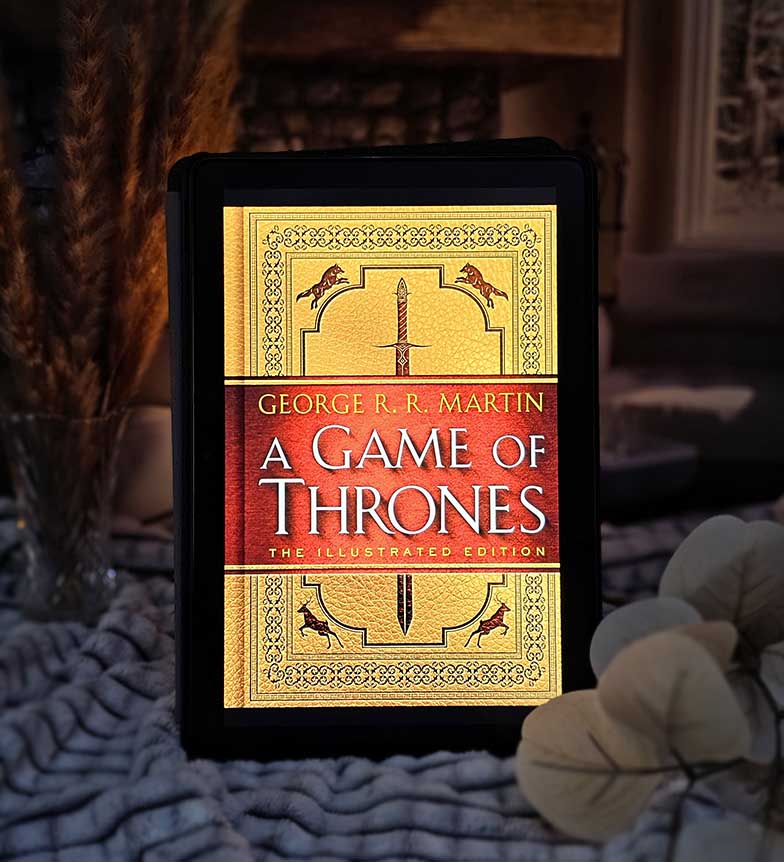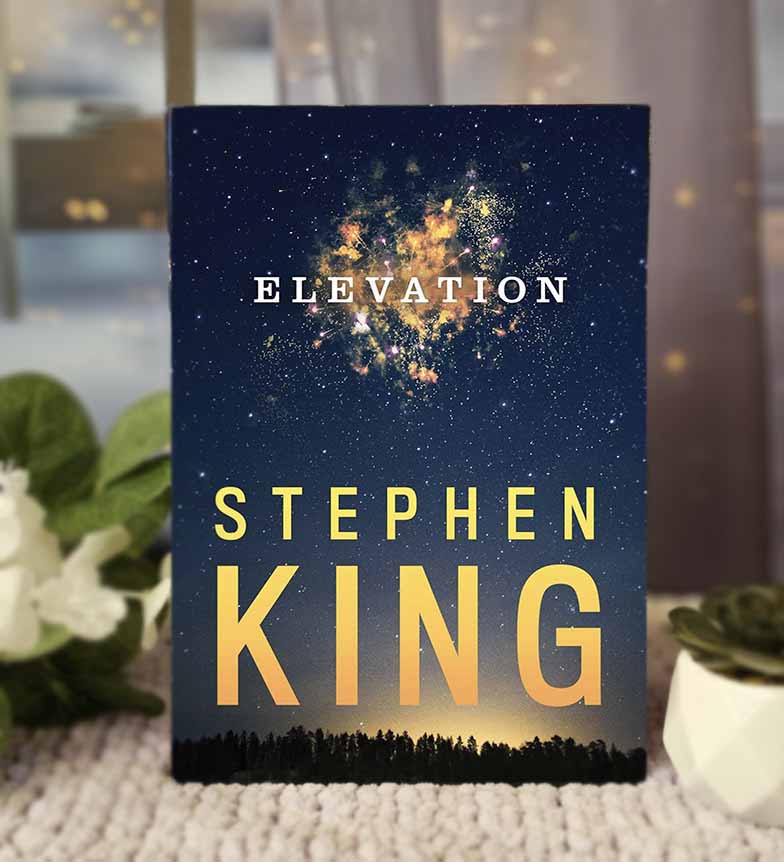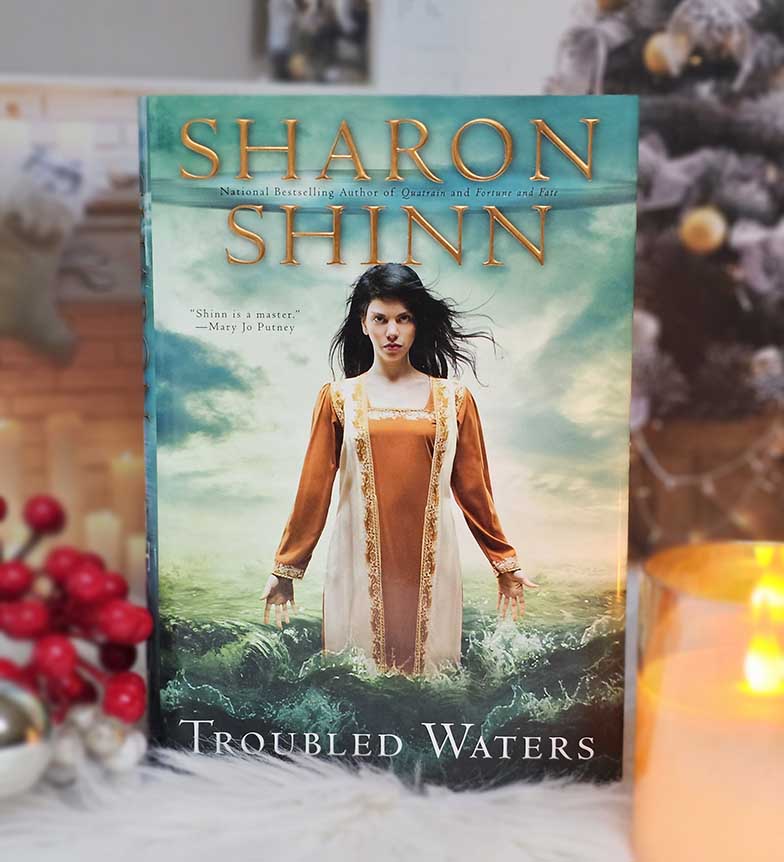
A Game of Thrones
by George R.R. Martin
The first book in the epic A Song of Ice and Fire series, introducing the Seven Kingdoms of Westeros through the eyes of the Stark family as they navigate political intrigue, ancient threats, and the deadly game of thrones where you win or you die.
Spoiler Warning
This review may contain spoilers. Read at your own discretion if you haven't finished the book yet.
Winter Is Coming—And So Is Political Complexity
George R.R. Martin's A Game of Thrones changed the landscape of modern fantasy when it was published in 1996, and reading it in 2020—after the HBO series reshaped popular culture—offers a unique double vision. This is both the groundbreaking novel that proved fantasy could be literary and complex, and the source material that spawned a phenomenon that eventually outpaced its creator.
The book introduces us to Westeros, a medieval-inspired continent where summers last decades and winters can last a lifetime, where magic is fading but not gone, and where the great noble houses play deadly political games while ancient threats gather beyond the Wall. It's the Stark family—honorable, northern, and about to be thoroughly destroyed by their own principles—that serves as our entry point to this brutal, beautiful world.
The Stark Difference: Fantasy Without Plot Armor
What made A Game of Thrones revolutionary in 1996—and what still makes it compelling today—is Martin's willingness to subvert fantasy conventions. In most fantasy epics, the noble lord who comes to the capital would uncover the conspiracy, restore order, and return home victorious. That's not what happens here. Martin built a world where honor is a liability, where doing the right thing gets you killed, and where the arc of justice doesn't inevitably bend toward righteousness.
Eddard Stark is set up as the protagonist—the point-of-view character introduced first, the one whose values align with traditional heroism, the one we're trained by decades of fantasy reading to expect will triumph. The shock of what happens to Ned isn't just about his fate; it's about the reader's realization that Martin isn't playing by the usual rules. No one is safe. Plot armor doesn't exist. Good people can lose definitively.
This wasn't common in fantasy in 1996. The genre was dominated by chosen ones who survived impossible odds because narrative convention demanded it. Martin rejected that safety, and in doing so, raised the stakes impossibly high for every character and every choice.
Multiple Perspectives, Complex Truth
The novel employs multiple point-of-view characters, each chapter told through a different character's eyes. This isn't just a structural choice; it's fundamental to how the book explores power, information, and truth. We see the same events from different angles, understand that everyone is the hero of their own story, and realize that "good guys" and "bad guys" is a simplification that doesn't capture the moral complexity of the world.
When we're in Ned's head, we understand his rigid honor and see how King's Landing's corruption offends his northern sensibilities. When we're with Cersei (though not a POV character in this book, we see her through others), we understand she's protecting her children and her power in a world that would destroy her if it knew her secrets. Jon Snow wrestles with being a bastard in a society that defines him by that birth status. Daenerys transforms from powerless pawn to emerging queen.
This structure makes the political machinations genuinely complex. Characters make decisions based on incomplete information. Misunderstandings compound. What looks like villainy from one angle might be defensive maneuvering from another. It's morally sophisticated in ways that most fantasy—even today—doesn't attempt.
World-Building Through Immersion
Martin's world-building is immersive rather than expository. We learn about Westeros through experiencing it alongside the characters rather than through info-dumps or prologues explaining the history. The history is deep—thousands of years of lore, fallen dynasties, legendary figures, ancient conflicts—but it emerges organically through conversation, memory, and the weight of the past on present decisions.
The detail work is extraordinary: heraldry, sigils, family trees, regional cultures, fighting styles, political alliances, economic systems. Every house has a history, every castle a story, every region a distinct culture. The North is different from the South, the Iron Islands have their own ethos, Dorne operates by different rules. This isn't just decoration; it's the texture of a living, breathing world.
The magic system is particularly well-handled—magic is dying, fading from the world, so rare that many doubt it ever existed. But it's returning, slowly, at the edges of the story. Dragons haven't been seen in generations until Daenerys's eggs hatch. The Others (White Walkers) are legends the Night's Watch has almost forgotten. Prophecy and visions are ambiguous enough that they could be dismissed as superstition. This makes the magical elements feel earned rather than deus ex machina solutions.
Character Depth in an Ensemble Cast
With eight POV characters and dozens of significant supporting characters, it's remarkable how distinct each voice feels. Ned thinks in terms of duty and honor. Tyrion's chapters are clever and sardonic, defensive and sharp. Jon's are earnest and conflicted. Sansa's early chapters have an almost fairy-tale quality that makes their corruption especially painful. Daenerys grows from frightened girl to someone discovering her own power.
The character work is particularly strong with the Stark children, each of whom is dealing with the gap between who they are and who they're expected to be. Arya doesn't fit the mold of a noble lady, and her chapters carry a constant tension between conformity and authenticity. Sansa believes in songs and romance until reality shatters those illusions. Bran's fall and paralysis force him toward a different kind of power. Jon's bastardy defines how others see him and how he sees himself.
Tyrion Lannister is perhaps the book's greatest achievement—a character who could have been a joke or a villain but instead becomes one of the most compelling figures in the entire series. His intelligence is his survival tool, his wit his shield, his self-awareness both gift and curse. The sections from his perspective reveal that the Lannisters, for all their faults, are also just people trying to survive and protect their own.
Pacing and Structure: The Long Game
At nearly 700 pages, A Game of Thrones is a commitment, and the pacing is deliberate rather than propulsive. Martin is playing a long game, setting up pieces, establishing relationships, building toward confrontations that might not come until books later in the series. This is world-building and character development over plot momentum.
For some readers, this patience is the book's strength—the willingness to let scenes breathe, to develop relationships fully, to show daily life in Westeros rather than just the dramatic moments. For others, especially those accustomed to the tighter pacing of more recent fantasy, it can feel slow. Whole chapters are devoted to travel, to feasts, to political maneuvering that builds atmosphere but doesn't advance plot.
The structure is also somewhat back-loaded. The first half of the book is primarily setup and character introduction. The major action—the Hand's tourney, Ned's investigation, the conflicts that explode into open warfare—comes in the latter portion. Once the pieces are set, Martin executes the moves brilliantly, but getting to that point requires patience.
The Shadow of the Show
Reading this in 2020, after the HBO series has concluded, creates an interesting tension. You can't help but see the actors' faces, hear their voices, anticipate twists you already know are coming. But the book also offers depth and complexity that the show, for all its achievements, couldn't fully capture.
The interior lives of characters are richer in the text. Ned's honor isn't just stubbornness; it's a carefully considered philosophy shaped by his upbringing and his experiences. Cersei's actions make more sense when you understand her perspective more fully. The political maneuvering has more layers when you're privy to multiple characters' thoughts and motivations.
Martin's prose also offers sensory richness that the visual medium can't quite replicate—the smell of King's Landing, the taste of specific foods, the texture of different fabrics, the specific quality of northern cold versus southern heat. The book is more immersive in some ways than even the most lavish television production.
The 4.2 Rating: Excellence With Reservations
The 4.2 rating reflects genuine admiration for the book's ambition, world-building, and character work while acknowledging certain limitations. The pacing, while appropriate for the story Martin is telling, won't work for everyone. The deliberate setup and slow build require patience that readers looking for immediate gratification won't appreciate.
The violence and sexual content, while thematically relevant to the brutal world Martin has created, can be overwhelming. Martin doesn't shy away from depicting rape, torture, and cruelty, which serves the story's themes about power and its abuse but can be difficult to read. The treatment of women and sexual violence in particular has been extensively debated—is Martin critiquing medieval gender norms or replicating them?
Additionally, knowing this is the first book in a series that remains unfinished creates a weird reading experience. You're starting a story that might never conclude, investing in arcs that might never resolve. The book functions well enough as a standalone—major plot threads reach satisfying stopping points—but it's clearly the beginning of something much larger, and that larger thing is in limbo.
The Fantasy Genre Before and After
It's hard to overstate how much A Game of Thrones changed fantasy publishing. Before Martin, epic fantasy largely meant chosen ones, clear moral lines, magic systems, and eventual triumph of good. After Martin, "grimdark" became a subgenre, moral ambiguity became expected, and killing major characters became common enough to be its own cliché.
Martin proved that fantasy could be literary, that genre conventions were optional rather than mandatory, that readers would embrace complexity and moral gray areas. He opened the door for writers like Joe Abercrombie, Mark Lawrence, and others who pushed fantasy in darker, more psychologically complex directions.
But the influence isn't entirely positive. The flood of grimdark imitators often missed what makes Martin's work powerful—the hope that still persists despite the bleakness, the genuine love for these damaged characters, the sense that honor and decency still matter even when they don't triumph. Too many imitators kept the darkness without the depth.
Why It Still Matters
Despite the unfinished series and the controversial show ending, A Game of Thrones remains essential reading for understanding modern fantasy. It's a masterclass in world-building, character development, and the subversion of genre expectations. The political intrigue is genuinely sophisticated, the moral questions real and troubling, the characters complex enough to sustain endless analysis and debate.
Martin created a world that feels real in its complexity, its contradictions, its refusal to conform to simple narratives. Westeros feels like it exists beyond the page, like we're visiting a real place with real history rather than a constructed backdrop for adventure. That level of immersion is rare and valuable.
Final Thoughts
A Game of Thrones is fantasy for readers who want complexity, who don't need their heroes to be purely good or their villains purely evil, who are willing to sit with moral ambiguity and uncomfortable truths. It's a book that respects its readers' intelligence and doesn't offer easy answers or comfortable resolutions.
The 4.2 rating reflects both the book's considerable achievements and its limitations. It's brilliant world-building and character work operating at a pace that some will find perfect and others will find sluggish. It's moral complexity that can feel like moral nihilism if you're not in the right headspace. It's the opening to a magnum opus that might never be completed.
But for all its issues, this is still a landmark work that changed what fantasy could be and proved that genre fiction could achieve literary sophistication without sacrificing the sense of wonder and adventure that makes fantasy compelling. If you've never read the books despite watching the show, you owe it to yourself to experience Martin's actual vision. If you've never experienced either, start here and understand why an entire generation of fantasy readers speaks of "before and after Game of Thrones."
Winter is coming. It's worth experiencing that first approach with Martin as your guide, before you know all the twists, while the world is still fresh and dangerous and full of terrible possibility. Just maybe don't expect to see how it all ends anytime soon.
My Notes & Takeaways
Key Themes & Memorable Moments
On Power and Survival:
"When you play the game of thrones, you win or you die. There is no middle ground."
"The man who passes the sentence should swing the sword. If you would take a man's life, you owe it to him to look into his eyes and hear his final words."
On Honor vs. Pragmatism:
"Ned Stark's rigid honor makes him noble but also vulnerable in a world where honor is weaponized by those willing to lie."
"The great houses play the game with different rules: Stark with honor, Lannister with gold and cunning, Targaryen with fire and blood."
On Family and Loyalty:
"The lone wolf dies, but the pack survives."
"A Lannister always pays his debts."
"Winter is coming"—not just a warning about weather, but about preparation, survival, and the importance of looking beyond immediate concerns.
On the Nature of Storytelling:
- Multiple POV structure allows readers to see events from conflicting perspectives
- No character is safe—Martin subverts fantasy conventions by killing major viewpoint characters
- Gray morality: very few purely good or evil characters; everyone has motivations and flaws
Character Arcs to Watch:
- Ned Stark: The honorable lord whose principles clash with King's Landing politics
- Daenerys: From powerless exile to emerging leader through fire and blood
- Jon Snow: The bastard seeking purpose at the Wall, discovering ancient threats
- Tyrion: The clever dwarf navigating a world that judges him by his size
- Arya: The wild girl who won't conform to expectations of her gender and station
- Sansa: The naive girl whose romantic dreams shatter against harsh reality
- Bran: The boy who survives a fall that changes everything
You Might Also Like

Elevation
by Stephen King
A short, heartwarming tale about a man who is losing weight without changing size, and how his condition brings a divided community together.

Troubled Waters
by Sharon Shinn
Sharon Shinn's fantasy romance about Zoe Ardelay, who possesses powerful water magic and becomes the king's fifth wife to escape her abusive cousin. Set in a world where elemental affinities shape society, politics, and personal destiny. Interesting magic system hampered by pacing issues.

Blink of an Eye
by Iris Johansen
Kendra Michaels, blind for the first twenty years of her life, uses her extraordinary observational skills to help find a missing pop star before time runs out.